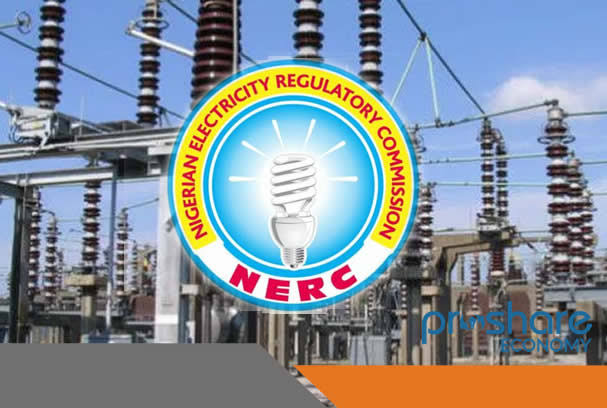The Nigerian Electricity Regulatory Commission (NERC) has issued a decisive mandate for all grid-connected Power Generation Companies (GenCos) to fully integrate their operations with the National Supervisory Control and Data Acquisition (SCADA) / Energy Management System (EMS) by the end of December 2024. This directive, formalized in a recently published regulatory framework titled “Order on the Mandatory Integration of Grid-Connected Generating Units into the New SCADA/EMS for the Nigerian Electricity Supply Industry,” underscores the critical role of SCADA/EMS in ensuring the stability and efficiency of the national power grid. Non-compliant GenCos face significant financial penalties and the potential disconnection from the national grid, highlighting the seriousness of this mandate. The order, effective from May 22, 2024, seeks to address the persistent challenges plaguing Nigeria’s electricity supply, particularly the recurring grid collapses often attributed to poor coordination between generation, transmission, and distribution assets.
The SCADA/EMS, often likened to the central nervous system of grid operations, provides real-time visibility into the power generation landscape, enabling automated controls, rapid fault detection, and continuous monitoring of generation output. By mandating full integration with this system, NERC aims to enhance grid stability and operational efficiency, optimize load dispatch, and minimize system disturbances. This move is expected to significantly improve the overall reliability of Nigeria’s electricity supply, minimizing the frequency and impact of power outages that have hampered economic activity and disrupted daily life for millions of Nigerians. The integration requires GenCos to transmit real-time data on key parameters, including active and reactive power, frequency, voltage, circuit breaker status, and fault alarms.
The regulatory framework, signed by NERC Chairman Garba Sanusi and Vice Chairman Musiliu Oseni, details specific requirements for GenCos and other stakeholders in the electricity sector. Crucially, the order mandates that GenCos install SCADA-compliant data acquisition devices, ensuring compatibility with the Transmission Company of Nigeria’s (TCN) protocols and enabling remote visibility for the Nigerian Independent System Operator (ISO). This standardization of data acquisition and communication protocols is crucial for effective grid management and coordination. It allows the ISO to maintain a comprehensive overview of the entire power system, facilitating proactive intervention and preventing cascading failures that can lead to grid collapse.
The order emphasizes compliance with existing regulations, specifically citing sections of the Grid Code for the Nigeria Electricity Transmission System. These sections mandate the provision of real-time operational data to the ISO, seamless communication and data exchange with the TCN’s SCADA/EMS, and the installation of SCADA Remote Terminal Units in relevant control rooms. The order reiterates the importance of these requirements for accurate system monitoring, fault detection, and efficient load dispatch. By enforcing these existing regulations, NERC aims to create a more robust and resilient power grid, minimizing vulnerabilities and improving the overall quality of electricity supply.
The TCN’s ongoing SCADA/EMS/System Telecommunications project has reached a stage where the integration of power generation units is crucial for realizing the full potential of a functional and efficient SCADA/EMS for the Nigerian Electricity Supply Industry (NESI). This integration is the final piece of the puzzle, allowing for comprehensive oversight and control of the entire power system. By bringing GenCos fully into the SCADA/EMS fold, NERC seeks to enhance grid visibility and operational efficiency, ultimately ensuring compliance with the Grid Code and improving the reliability of the national power grid. This project represents a significant investment in modernizing Nigeria’s power infrastructure and lays the foundation for a more stable and sustainable electricity supply.
The successful implementation of this directive is expected to bring about significant improvements in the Nigerian power sector. Enhanced grid visibility through real-time monitoring, improved operational efficiency, optimized load dispatch, and a reduction in system disturbances are among the key benefits anticipated. By compelling GenCos to comply with established grid code provisions, NERC aims to create a more robust and reliable electricity supply for the nation, supporting economic growth and improving the quality of life for all Nigerians. This initiative marks a critical step towards addressing the long-standing challenges that have plagued the Nigerian power sector and paves the way for a more secure and sustainable energy future.


